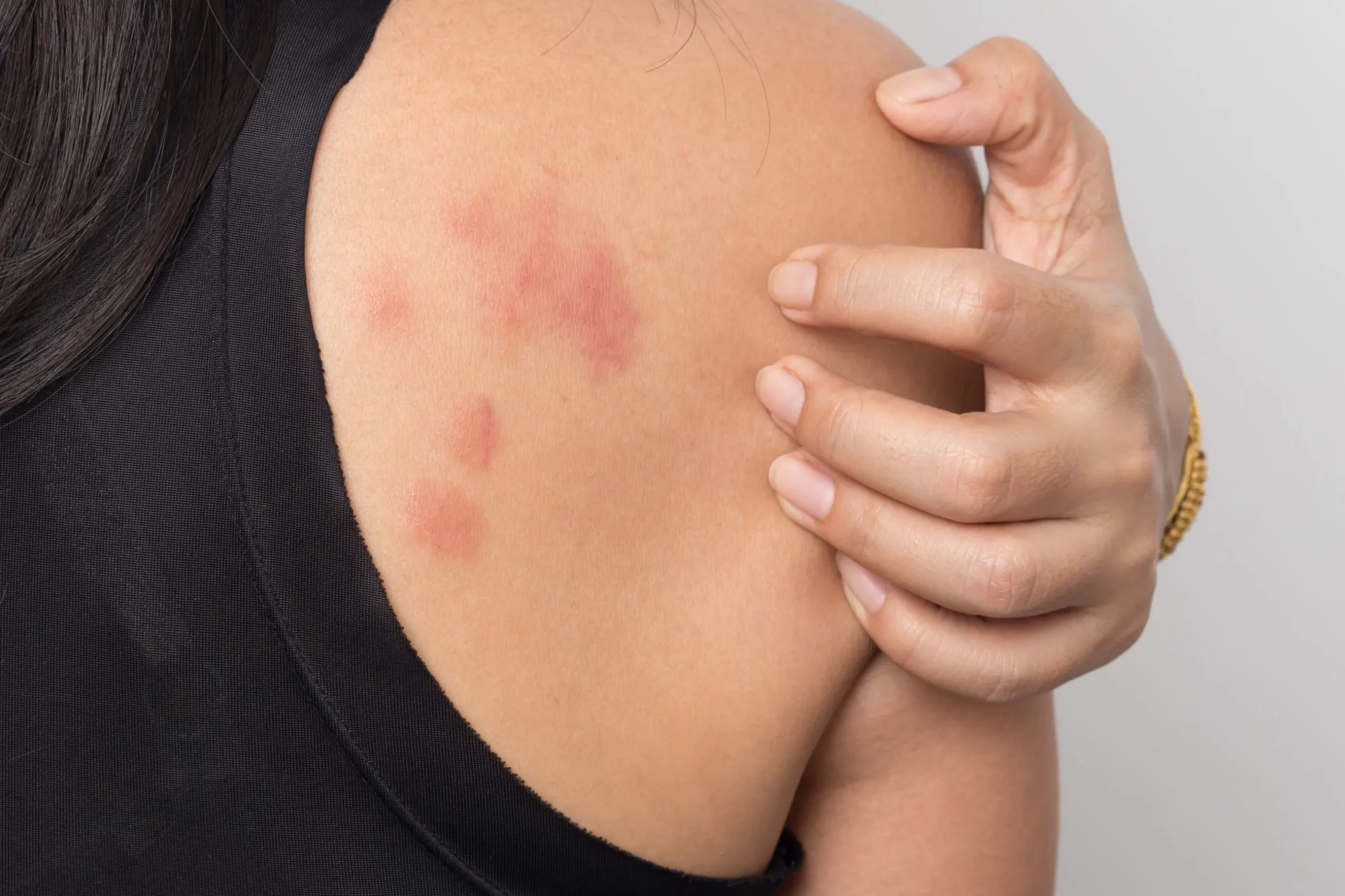What are the causes of hives?
Hives are red bumpy welts that appear on your body in response to skin allergies. These itchy and swollen welts surface on the skin in response to histamine released by your immune system. While silver spring hives usually go away naturally within a few days, knowing what causes them can help you manage and prevent them more effectively.
6 common causes of hives
Allergic reactions: One of the most widespread causes of hives is an allergic reaction. Histamine, along with other biochemicals, is released by the body’s immune system in response to specific triggers. These compounds cause allergic hives that are characterised by red itchy bumps.
Infections: Hives can be triggered by infections produced by bacteria, viruses, or fungi. The defence mechanism of your fight these intruders by releasing histamines, that lead to skin irritation and welts. The common cold, hepatitis, and urinary tract infections are all maladies that may bring about hives.
Autoimmune reactions: Autoimmune disorders, where the immune system mistakenly attacks healthy tissues, can sometimes result in chronic hives. Conditions like lupus and thyroid disorders are known to trigger this type of hives, often requiring more comprehensive medical attention for proper management.
Physical factors: Physical urticaria, a type of hive, can be brought on by stimuli such as pressure, friction, or temperature variation. Physical hives may pop up caused by friction during changing clothes, scratching your skin excessively, or exposure to extreme hot or cold conditions. These hives are usually limited to the exposed area.
Medications: As a side effect, several drugs can produce hives, a condition known as drug-induced urticaria. Antibiotics, pain medicines, and blood pressure drugs constitute some of the contributing factors. If hives appear after taking a new medicine, it is recommended to contact a healthcare provider and ask for a revision of the prescription accordingly.
Emotions and stress: The relationship between emotions and skin reactions is very intricate. Stress and other extreme emotions can contribute to the emergence of hives. This condition is known as stress-induced urticaria. When you’re anxious, your body generates chemicals that can cause hives.
While the hives are usually harmless and disappear on their own in a few days. In most cases, preventative measures can be utilised to alleviate hives, in some cases they remain for a long time with painful experience. If hives are troubling you more than usual, you should consult a professional medical practitioner for diagnosis and treatment of the bumpy welts.


